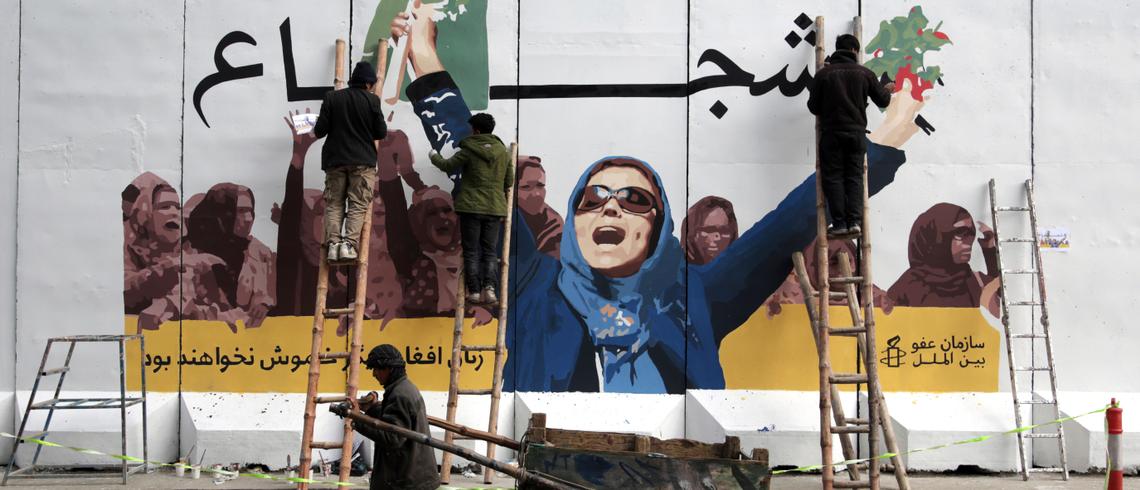On a late September afternoon in 1996, Latifa (name changed to protect her identity) heard that the Taliban had entered Kabul, a city she was born and raised in. There had been rumours about this for weeks, in the neighbourhood, in her high school, even at home. But the 16-year-old did not know how radically her life was going to change.
“We were locked in our homes; prohibited by the Taliban from leaving the house. Our schools were closed and the radio was our only source of information,” she said, recalling the days living under the Taliban regime in Afghanistan, after the brutal, bloody and prolonged conflict that had ensnared her country.
While the conflict subsided to some extent after the Taliban takeover, the armed group ruled with an iron fist, deploying harsh laws and putting curbs on the mobility of women.
“Women could only be out of the house in a burqa and accompanied by a mahram [male escort who is a relative you cannot marry]. There was no negotiation over that. We never got the chance to protest,” she told TRT World.
After a few months under lockdown in her own country, Latifa had an urgent need to visit the dentist. “I had an unbearable toothache and I asked my mother to take me to the dentist, which was about a 10-minute walk from our house,” she said. However, none of the women in her family had worn burqa before. “We were four women in our house—I along with two of my sisters and my mother. But none of us owned a burqa. But my mother had one really old burqa that she inherited from her grandmother,” she added.
After much discussion, Latifa wore the old burqa and her mother covered herself with the chador—a really large shawl-like scarf—to visit the dentist. “My mother insisted that I take the burqa since being a young teenage girl, the Taliban were more likely to inspect my clothing. She thought that since she’s an older woman, they might not be so strict about her attire,” Latifa said, adding that her mother was around 55 years old at that time, and even in the strictest interpretation of Islam, rules for older women are often relaxed.
Dressed as conservatively as possible, Latifa and her mother set out to seek medical help. The streets of the central market, otherwise known to be a bustling crowded area, were deserted; Latifa and her mother were among the handful of people walking across their city streets that had been turned into a ghost town.
“A young boy on a cycle came towards us and told my mother, ‘ Amr bil Maroof [Taliban’s moral police] is on its way in this direction and they will not approve of your cover. Please turn around and go home before they catch you.’ We panicked, and immediately turned around to go back home,” Latifa said.
Read full story on TRT World
